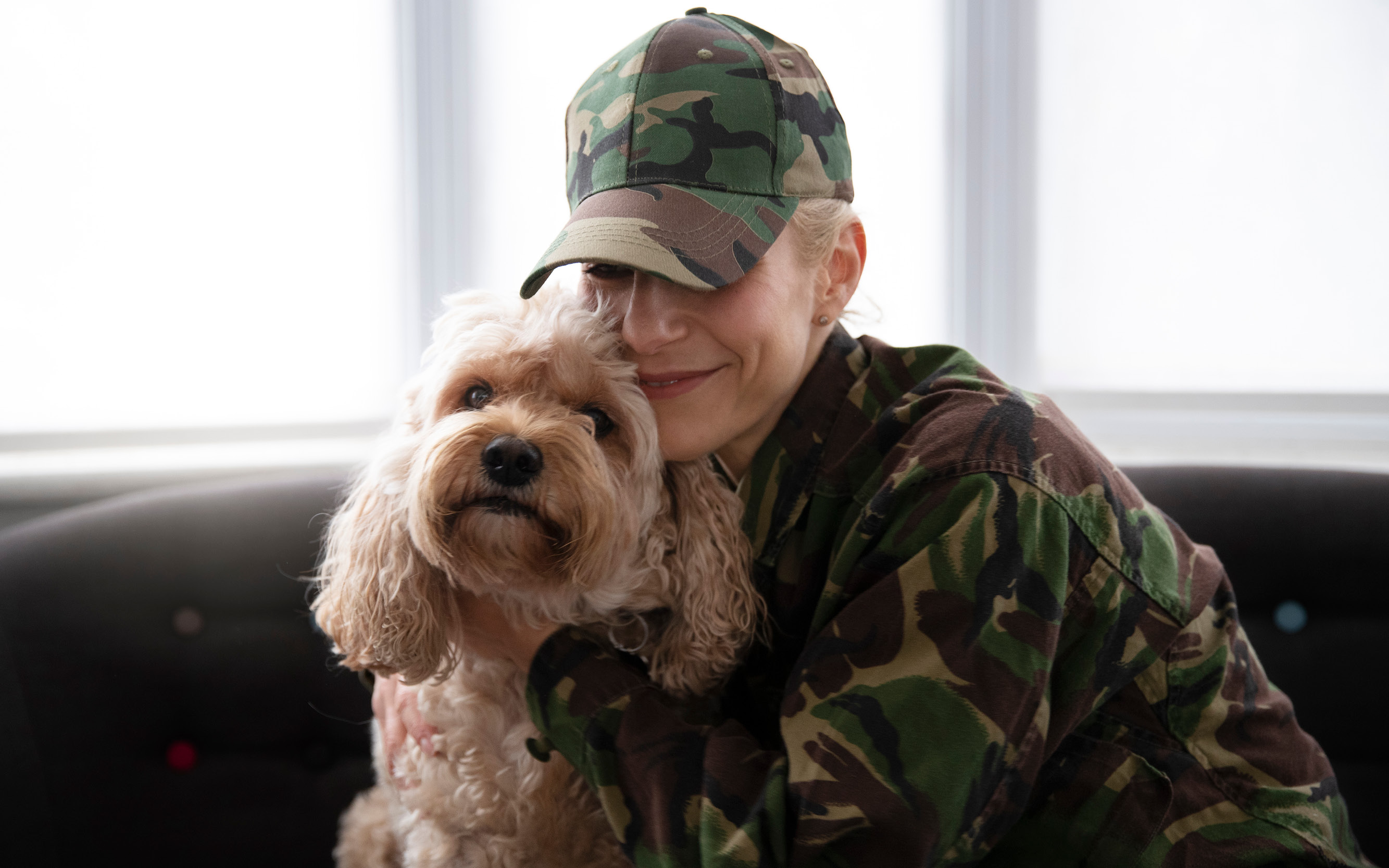Those that serve our country face unimaginable stressors and challenges as they defend this nation from enemies both foreign and domestic. These difficulties can occur both during their service and when they return home. Attempting to cope with this pressure can result in turning to substance abuse. Addiction within the military is a pressing issue but one not talked about enough. In this guide we’ll explore the prevalence of substance abuse in the military, the factors that contribute to it, and the unique resources available to veterans who want to heal.
The Prevalence of Substance Abuse in the Military
Statistics around substance abuse in the military vary depending on the branch of service and deployment history. Finding accurate rates of addiction is difficult as surveys rely on self-reporting and the military has a zero-tolerance policy towards substance abuse. Even still, according to a 2021 survey by SAMHSA, 3.7 million veterans reported being binge drinkers and 1.1 million veterans reported heavy alcohol use. With regards to the use of illicit drugs, 3.6 million veterans reported illicit drug use. Considering these numbers are probably underreported and that there are roughly 16.5 million veterans in this country, it is clear that substance abuse in the military is a grave issue.
Factors Contributing to Substance Abuse
- Deployment Stress: Active military duty and deployments can be emotionally and physically taxing. Witnessing combat, being exposed to trauma which leads to PTSD, being away from family and friends, the constant threat of death, and the injuries which come with being a soldier all increase the risk of substance abuse.
- Accessibility to Alcohol and Prescription Drugs: It is no secret that the military has an active drinking culture. For those with the genetic markers for alcoholism and those suffering from PTSD or co-occurring disorders, being a regular drinker can quickly turn into full blown alcoholism - especially upon returning to civilian life. Due to the prevalence of injuries sustained during combat, prescription drugs are often readily available. While intended to help, easy access to pills can lead to misuse and addiction. Both alcohol and drugs become especially dangerous when vets are self-medicating for mental, emotional or physical pain.
- Stigma and Career Impact: The lack of confidential substance abuse services within the VA has created a fear of career repercussions should a soldier seek help for substance abuse. The stigma that struggling with substance abuse is a moral failing or means you’re weak also discourages veterans from reaching out for help. Unfortunately, until something changes, too many vets will continue to suffer in silence.
Finding Help for Addiction
Despite the stigma, there are resources available to veterans that are caught in the grips of substance abuse.
Veterans Affairs Programs: The VA offers specialized veterans substance abuse treatment programs. Each program offers a range of services including detox, counseling, therapy, trauma processing and case management to meet the needs of vets.
Support Groups: Peer support groups such as Alcoholics Anonymous and Narcotics Anonymous provide a supportive community of people who have first hand experience with addiction. There are also veteran specific AA and NA groups available.
Counseling and Therapy: Individual therapy has proven to be incredibly effective with the veteran population to address the underlying causes and conditions of substance abuse. Finding a therapist with experience in working with veterans can prove to be an invaluable asset to the recovery process.
Veteran Rehabilitation Centers: Residential treatment centers may be required for veterans that require a higher level of care or have struggled and relapsed. By providing a structured environment that is conducive to recovery, these programs and their staff can provide comprehensive, tailored treatment for veterans.
Community-Based Organizations: There are a number of non-profit organizations and community groups with the sole purpose of helping veterans overcome addiction. Services provided by these organizations include housing assistance, counseling, trauma work, and helping soldiers find appropriate treatment resources.
If you are a veteran, or know someone who is, and are struggling with substance abuse, call Owl’s Nest Recovery today. Our veteran’s program is tailored to the needs of soldiers in the midst of substance abuse. Talk with our staff today to get started on your journey back to health and happiness.

Comments